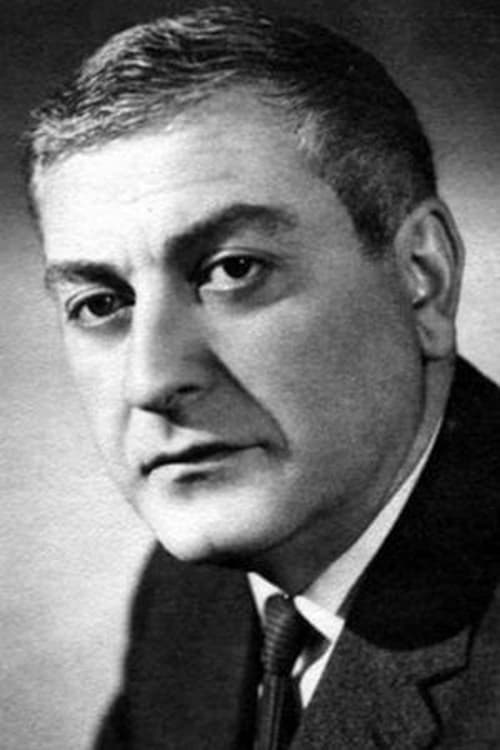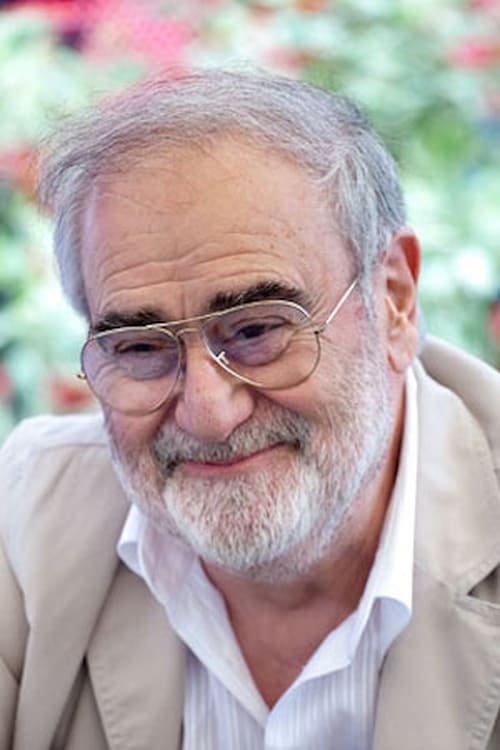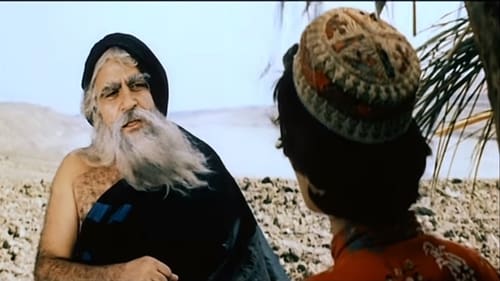The Way Home (1981)
Gênero : Drama, História
Runtime : 1H 18M
Director : Aleqsandre Rekhviashvili
Sinopse
The way home for Aleksandr Rekhviashvili is not charted in the conventional sense. It takes the viewer along some peculiar roads and across a unique landscape: Georgian history and legend, politics and social stratification, religion and ethics. Allusive, stylized and allegorical from beginning to end, his long-banned The Way Home is in part a tribute to Rekhviashvili’s favorite director, Pasolini, especially to The Hawks and the Sparrows (1966). Together with the short film Nutsa (1971) and the widely acclaimed Georgian Chronicle of the 19th Century (1979; SFIFF 1983), The Way Home closes a triptych of films that represent Rekhviashvili’s poetic contemplation of Georgia’s past. It makes extensive use of poems by Bella Akhmadulina (the major female poet of the cultural ‘thaw’ of the ’50s and ’60s and a Georgian by descent), and of sets by Amir Kakabadze. Like other films in the trilogy, The Way Home is stunningly photographed in black-and-white.--Oxymoron
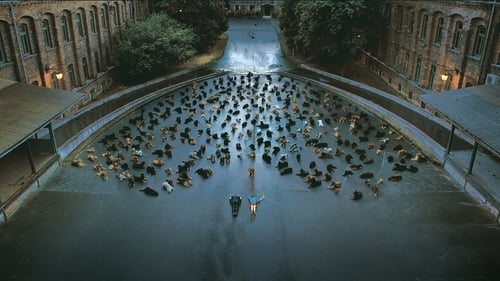
Um conto premonitório sobre as relações entre uma espécie superior e o seu inferior caído em desgraça. Banido e traído, "o melhor amigo do homem" revolta-se contra o seu antigo mestre.
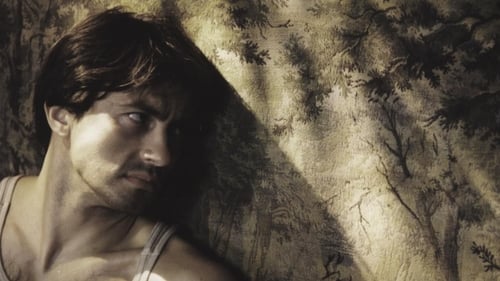
Um pai e seu filho, Aleksei, moram juntos em um apartamento no topo de um telhado em uma cidade à beira-mar não identificada. O Pai é um veterano e Aleksei freqüenta a escola militar para estudar medicina. Eles viveram sozinhos por anos em seu próprio mundo privado. Às vezes eles parecem irmãos. Às vezes, até mesmo como amantes. Apesar de saber que todos os filhos devem viver um dia suas próprias vidas, Aleksei está em conflito. O pai sabe que ele deveria aceitar um trabalho melhor em outra cidade, talvez procure uma nova esposa.

Lithuania, 1977. Memories of childhood, adolescence, and first love in a small provincial town, shown through complexity of human relations at this periodical film.

Banned in the Soviet Union for its "negative" content and never released, Kalatozov was forced to retreat from filmmaking for seven years because of this film. The film sets out to illustrate the old adage, "For want of a nail, the battle was lost," showing how the inferior quality of something so trivial as a nail in a soldier's boot leads inexorably to the capture of an armored train. Kalatozov had intended to demonstrate the crucial and universal importance of efficiency in Soviet industry, but the government decided that his fable gave a negative impression of the Red Army's capabilities.

A poetized chronicle of the events taking place in one of the Georgian villages in the late 19th century, when, to save a forest, the innumerous intelligentsia could rally the people and oppose the industrialists…

The way home for Aleksandr Rekhviashvili is not charted in the conventional sense. It takes the viewer along some peculiar roads and across a unique landscape: Georgian history and legend, politics and social stratification, religion and ethics. Allusive, stylized and allegorical from beginning to end, his long-banned The Way Home is in part a tribute to Rekhviashvili’s favorite director, Pasolini, especially to The Hawks and the Sparrows (1966). Together with the short film Nutsa (1971) and the widely acclaimed Georgian Chronicle of the 19th Century (1979; SFIFF 1983), The Way Home closes a triptych of films that represent Rekhviashvili’s poetic contemplation of Georgia’s past. It makes extensive use of poems by Bella Akhmadulina (the major female poet of the cultural ‘thaw’ of the ’50s and ’60s and a Georgian by descent), and of sets by Amir Kakabadze. Like other films in the trilogy, The Way Home is stunningly photographed in black-and-white.--Oxymoron

A full-blooded, interesting life has long eluded the house where a mother, father, son and daughter live. Trivial household matters, conversation at dinner about duty — that's all that connects them. The situation changes when it becomes known that the family inherited the village house, and that it will probably be necessary to enter into a struggle with the joint heirs. From the bottom of chests, old albums and documents confirming the priority of the family are extracted, and intrigues begin ...

The war is over. Once a young sculptor, and now a soldier, he returned home. Married, there were children. In search of work, he was hired to make grave monuments. Time passed... At one time, visiting a cemetery with friends, he saw with different eyes all his work done over the years...
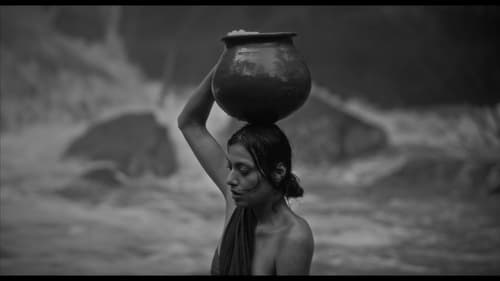
Two monks on a mission choose very different paths

The short film (conveyed in a parable-like story structure) follows a man devoted to himself and the blessings of his attributed god. He struggles to survive a primitive life and is forced to take action to ensure his own prosperity.

Directed by Zaza Khalvashi.
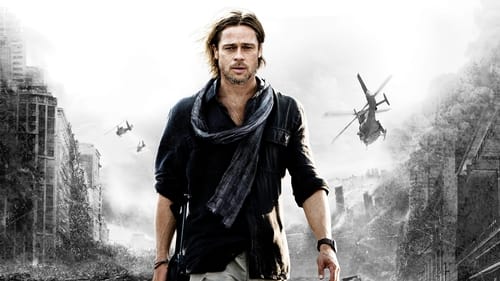
A história gira em torno de Gerry Lane, um funcionário da Nações Unidas, que atravessa o planeta numa corrida contra o tempo para travar uma pandemia zombie que está a derrubar exércitos e governos, ameaçando dizimar a própria humanidade.

Quatro policiais questionam sua fé e seu papel como pais e maridos após uma tragédia que acontece próximo a casa deles. Juntos, eles tomam uma decisão que muda suas vidas.
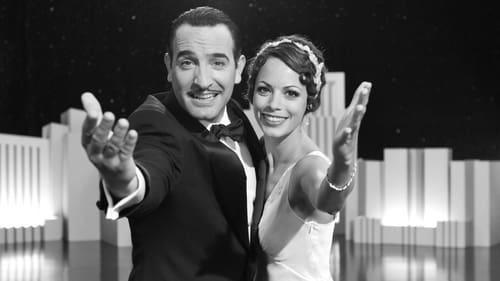
Na década de 1920, o ator George Valentin é uma estrela do cinema mudo, mas sua carreira está ameaçada pela chegada do cinema sonoro. Enquanto ele luta para manter seus filmes, Peppy Miller, uma coadjuvante, alcança a fama.

Um jovem praticante de artes marciais deixa de lado sua vida pacata vida em Pequim para disputar o campeonato Wulin Wang. O que ele não esperava era ter que lidar com o submundo da cidade para proteger o legado de seu local de nascimento, Ling Kong Tai Chi.
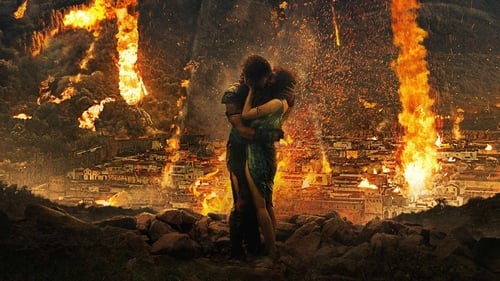
Dias antes da lendária erupção do monte Vesúvio, o escravo Milo está preso dentro de um navio, em direcção a Pompeia. Ele vai fazer de tudo para fugir e salvar a mulher que ama, além de ajudar o seu melhor amigo, um gladiador que está em dificuldades no interior do coliseu local.
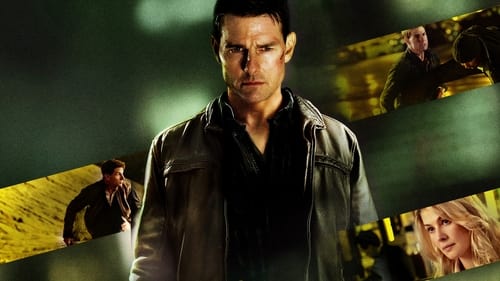
Quando um homem armado mata cinco pessoas com seis tiros, todas as provas apontam para um suspeito colocado em custódia. No interrogatório, o suspeito fornece uma única nota: "Tragam o Jack Reacher!" Assim começa uma extraordinária perseguição pela verdade, colocando Jack Reacher contra um inesperado inimigo, com habilidade para a violência e um segredo a manter.
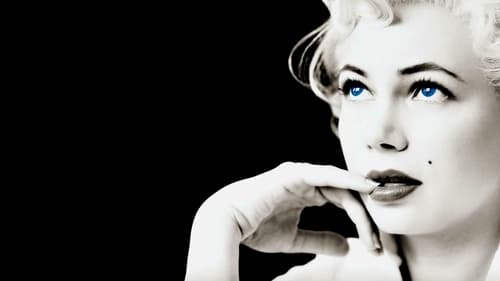
A musa Marilyn Monroe (Michelle Williams) está em Londres pela primeira vez para filmar “O Príncipe Encantado” ao lado de Laurence Olivier (Kenneth Branagh). A história adapta o livro homônimo de Colin Clark, que na época trabalhava como assistente nas filmagens. Durante uma semana, ele teve a oportunidade de ciceronear a diva - desesperada para escapar das pressões da rotina hollywoodiana - e mostrar-lhe o melhor da vida britânica.

